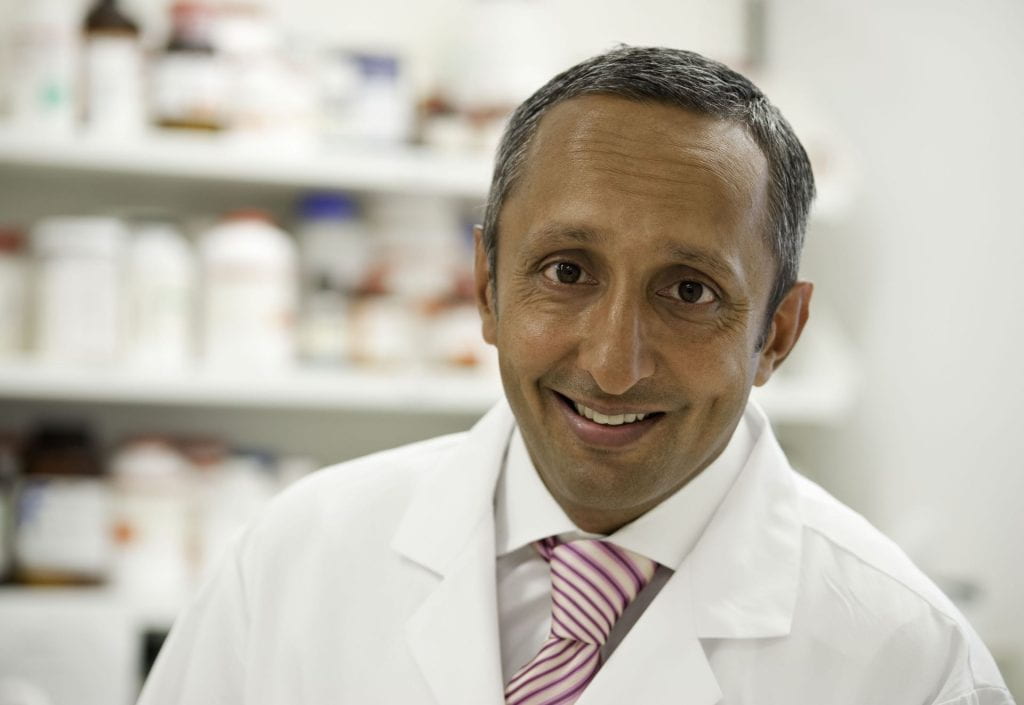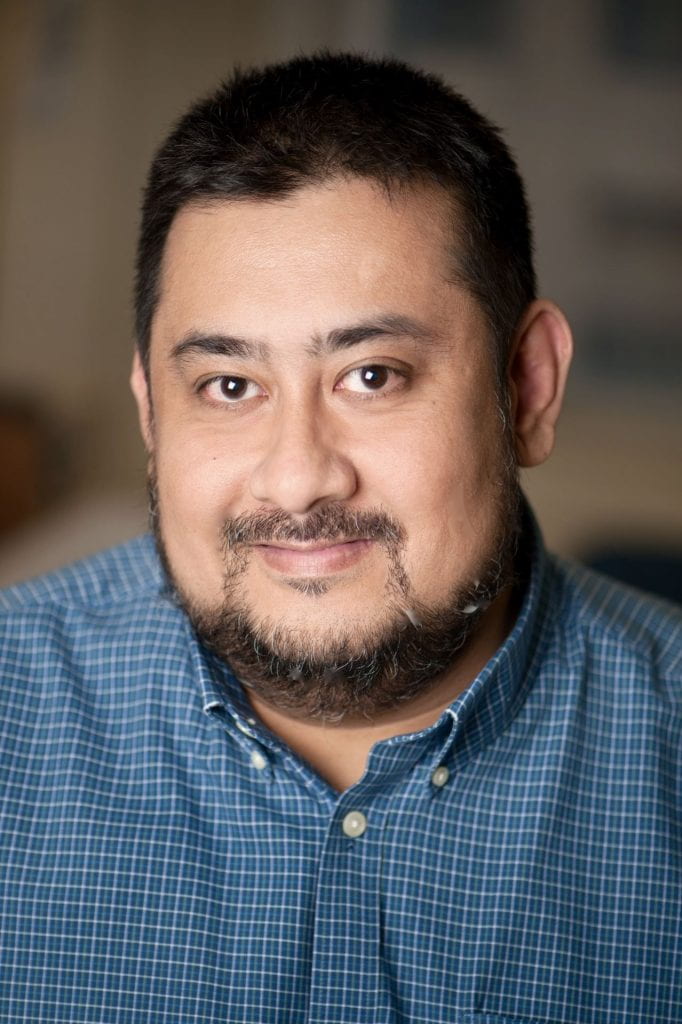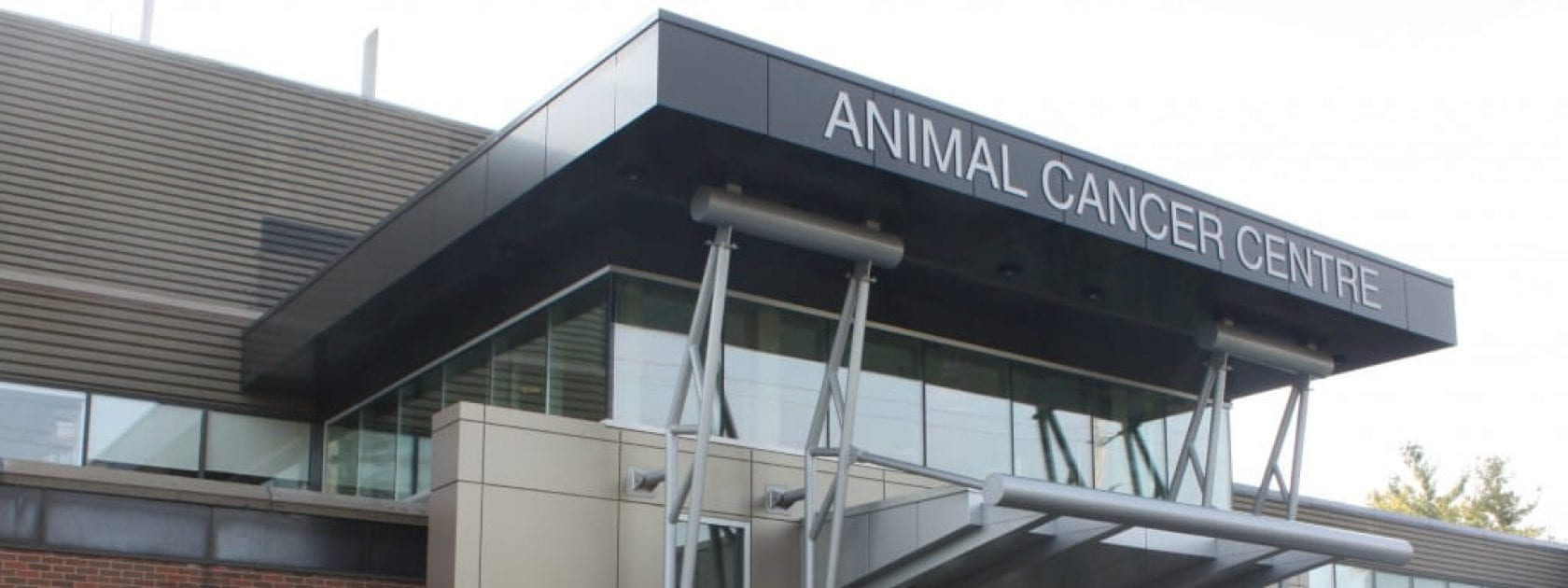
Dr. Chand Khanna is the founder and board chair of Ethos Discovery, a non-profit incubator of scientific innovation with a deep interest in solving complex medical problems and improving patient outcomes.
Dr. Chand Khanna is a graduate of the Western College of Veterinary Medicine, in Saskatoon. He then received specialty training in the fields of veterinary internal medicine and oncology, first at the Ontario Veterinary College, University of Guelph, and then at the University of Minnesota. Dr. Khanna is a Diplomate of the American College of Veterinary Internal Medicine (Oncology). Following this clinical specialization, Dr. Khanna received a Ph.D. in Pathobiology from the University of Minnesota and then completed a post-doctoral fellowship with Dr. Lee Helman in the Pediatric Oncology Branch of the National Cancer Institute in Bethesda, Maryland. He was recently awarded honorary membership as a Diplomate of the American College of Veterinary Pathology.
Following his post-doctoral fellowship, Dr. Khanna continued his work at the National Cancer Institute as the Head of the Pediatric Oncology Branch’s Tumor and Metastasis Biology Section and Founding Director of the Center for Cancer Research, Comparative Oncology Program. In 2011, Dr. Khanna was granted full tenure and promoted to the position of Senior Investigator at the National Cancer Institute. His research interests and responsibilities focused on the problem of cancer metastasis and the development of new options to treat patients with metastasis. He has over 100 publications in the area of cancer biology and therapy. He is the editor of a recently published textbook entitled, “Therapeutic Strategies in Veterinary Oncology
Dr. Khanna has held leadership roles in both veterinary and human oncology, including, president of the American College of Veterinary Internal Medicine, chair of the Children’s Oncology Group Bone Biology Subcommittee, Director of the SARC (Sarcoma Alliance for Research through Collaboration) Developmental Therapeutics Committee. Dr. Khanna is a founding member of the Canine Comparative Oncology and Genomics Consortium. Dr. Khanna is a two-time recipient of the NCI Distinguished Mentor Award and was the 2010 recipient of the NCI Award for Outstanding Research. Dr. Khanna currently serves on the boards of biotechnology companies involved in veterinary oncology and metastasis drug development and is Chair of the Strategic Advisory Board of the Osteosarcoma Institute.
Despite many roles throughout his professional career, Dr. Khanna self-identifies as a clinician first. He was an active clinician within his referral oncology practices, The Oncology Service, based in the greater Washington, D.C. area, until 2021. He is also the founder of Animal Clinical Investigation, a contract research company involved in complex medical problems seen in pets.

Dr. Abdul Razak is an Associate Professor within the Division of Medicine at the University of Toronto. Clinically, he is a Staff Medical Oncologist at the Princess Margaret Cancer Centre and Mount Sinai Hospital, Toronto. He also leads the Medical Oncology Sarcoma Program at both institutions.
Originally from Malaysia, he underwent medical and oncology training in Ireland, England as well as Canada. Dr Abdul Razak’s main interest is new drug development, especially in the field of sarcoma. He has conducted more than 60 clinical trials as Principal Investigator and published over 130 papers.
He was the recipient several international awards, to include the Young Investigator Award from the American Society of Clinical Oncology (ASCO), Merit Award from the Conquer Cancer Foundation as well as the Mick Knighton Mesothelioma Award from the British Lung Foundation. Dr Abdul Razak was also the inaugural recipient of the Sarcoma Cancer Foundation of Canada Fellowship. Dr Abdul Razak also sits on multiple editorial boards such as Journal of Clinical Oncology and PlosONE.
He has also taken a role to mentor and train the next generation of sarcoma oncologists, with fellows from Australia, Brazil, Canada, Chile, Ireland, Israel, Jordan, Nigeria, Saudi Arabia and Yemen


